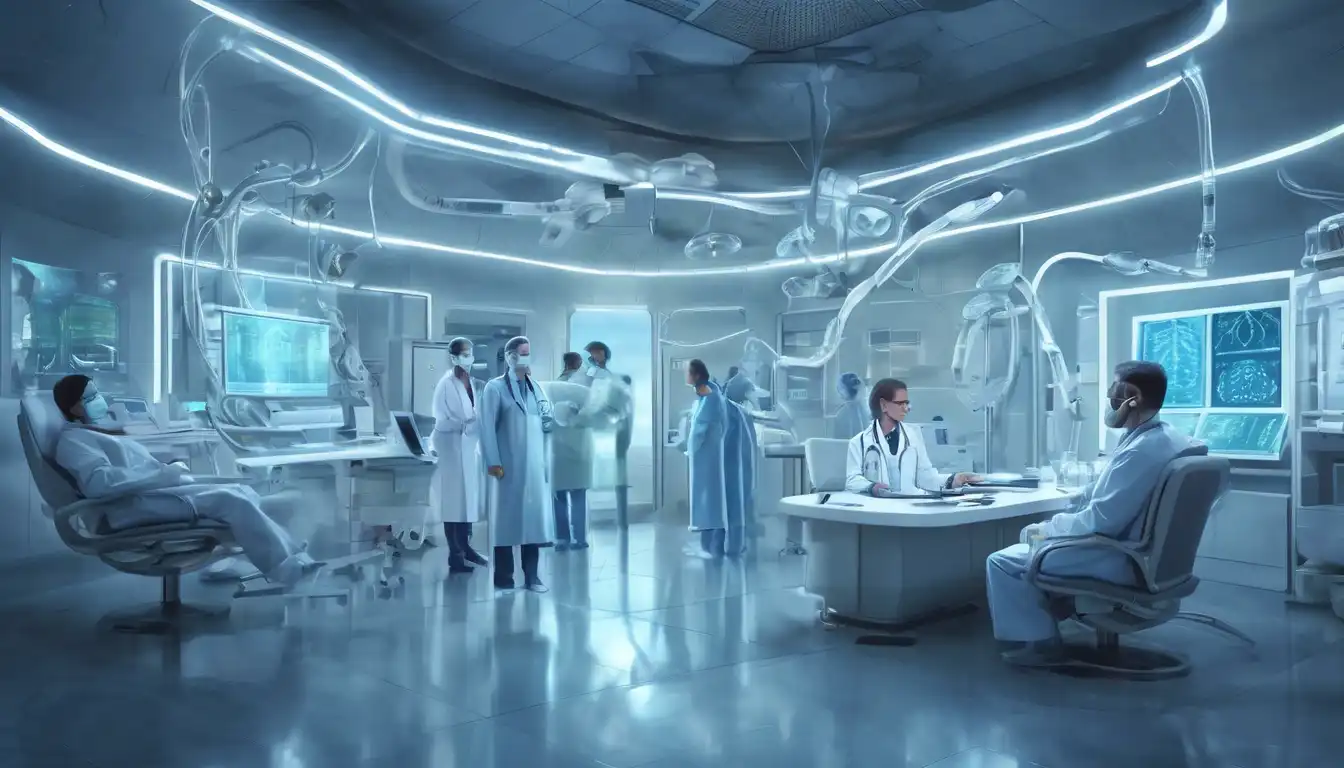Introduction to AI in Healthcare
Artificial Intelligence (AI) is revolutionizing the healthcare industry by providing innovative solutions to complex problems. From diagnostics to patient care, AI's role in modern healthcare is undeniable. This article explores how AI is transforming healthcare solutions, making them more efficient, accurate, and accessible.
Enhancing Diagnostic Accuracy
AI technologies, such as machine learning and deep learning, are significantly improving diagnostic accuracy. By analyzing vast amounts of data, AI can identify patterns and predict outcomes with a precision that surpasses human capabilities. For instance, AI-powered imaging tools can detect early signs of diseases like cancer, enabling timely intervention.
Personalized Patient Care
Personalized medicine is another area where AI is making a mark. By leveraging patient data, AI can help tailor treatments to individual needs, improving outcomes and reducing side effects. This approach is particularly beneficial in managing chronic conditions and rare diseases.
Streamlining Administrative Processes
AI is also streamlining administrative tasks in healthcare, from scheduling appointments to processing insurance claims. Automation of these processes reduces errors, saves time, and allows healthcare professionals to focus more on patient care.
Challenges and Ethical Considerations
Despite its benefits, the integration of AI in healthcare comes with challenges, including data privacy concerns and the need for robust ethical guidelines. Ensuring the security of patient data and addressing biases in AI algorithms are critical steps toward responsible use.
Future Prospects
The future of AI in healthcare is promising, with ongoing advancements in technology and increasing adoption by healthcare providers. As AI continues to evolve, its potential to enhance healthcare solutions and improve patient outcomes is limitless.
For more insights into how technology is shaping the future of healthcare, explore our technology trends section.
